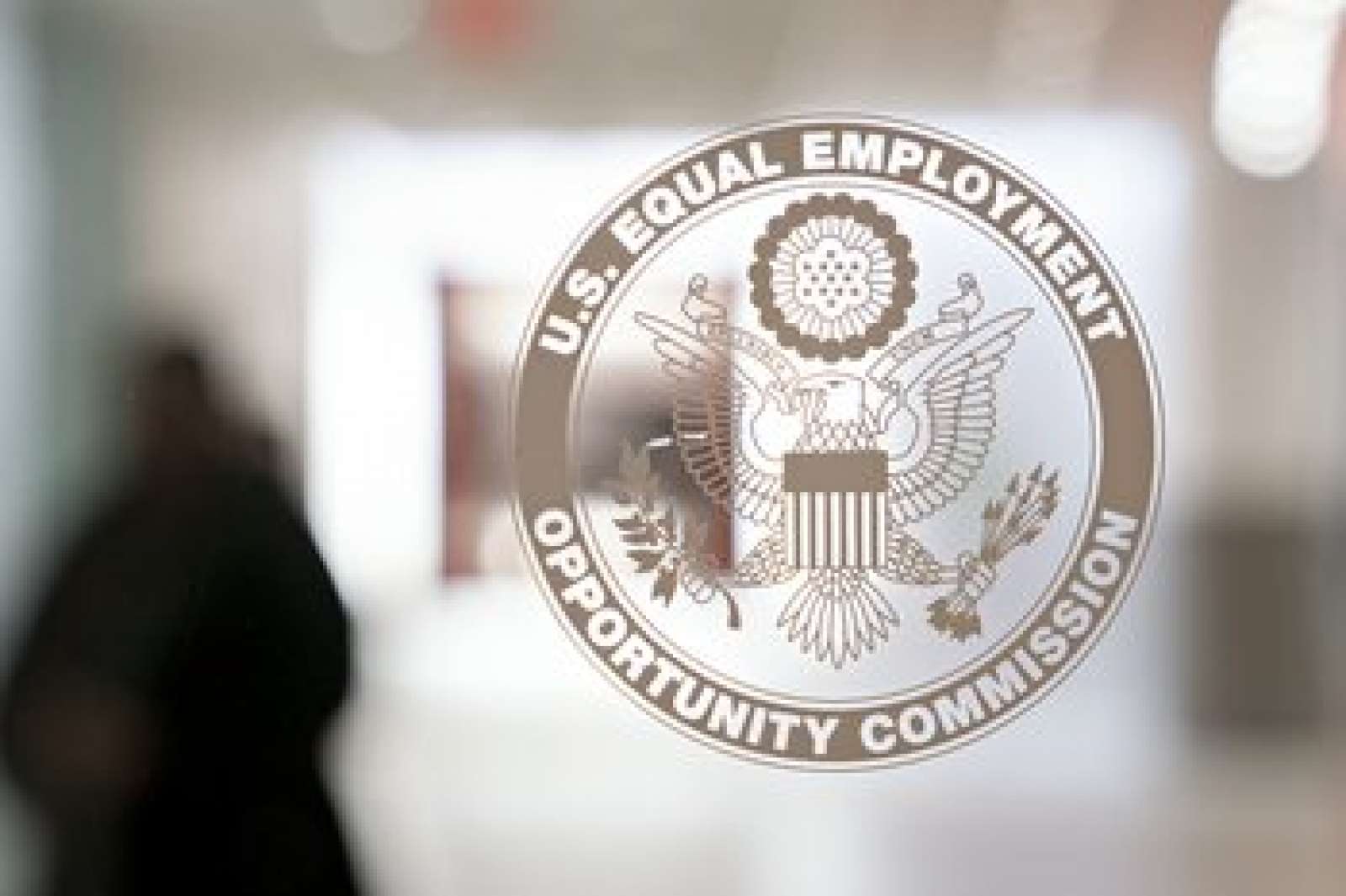As the Coronavirus pandemic rages on, many employers are left wondering what questions they may lawfully ask their employees about their health and any symptoms, in order to protect their workers and customers/clients. In addition, employers may wonder what kind of tests or other screenings they are lawfully permitted to do, if any.
The United States Equal Employment Opportunity Commission (“EEOC”), which is the federal agency in charge of enforcing anti-discrimination laws (including the Americans with Disabilities Act (“ADA”)), revised its guidance on April 23rd, explaining that employers may now screen their employees for COVID-19.
Employers do need to be aware that the ADA requires any mandatory medical test of employees to be “job-related and consistent with business necessity.” The EEOC stated that when applying this standard to the current situation involving the COVID-19 pandemic, employers are permitted to take steps to determine if employees entering the actual workplace have COVID-19, on the basis that an individual with the virus will pose a direct threat to the health of other workers or individuals in the workplace. Therefore, employers are allowed to choose to administer testing for COVID-19 to any employees before they enter the workplace, in order to determine whether they have the COVID-19 virus.
In prior guidance, the EEOC also stated that employers may ask employees if they are experiencing symptoms of COVID-19 (such as fever, chills, shortness of breath, cough, or sore throat) and may measure employees’ body temperatures before allowing the employees to work or enter the workplace, even though it constitutes a “medical examination.”
Employers need to be aware of the following when administering a medical test such as measuring employees’ body temperature or testing them for COVID-19:
- Some people with COVID-19 do not have a fever – so an employee without a fever does not mean they do not currently have the virus;
- Accurate testing for COVID-19 will only reveal whether the employee has the virus now – a negative test does not mean that the employee will not acquire the virus later;
- Employers need to ensure that any test they utilize will be safe, accurate and reliable;
- Employers should consider the incidence of false-positives or false-negatives associated with a particular test;
- Conducting screening or testing must be done on a non-discriminatory basis;
- Testing that is broader than necessary to address the potential threat is prohibited;
- How to deal with an employee who refuses to be screened or tested.
Employers are reminded to maintain all information about employees’ illness or medical information as a confidential medical record in accordance with the ADA.
It is still best practice for all employers to require –to the greatest extent possible – that all employees continue to observe infection control measures, in accordance with the Centers for Disease Control and other medical and public health authorities. This includes social distancing, regular handwashing, avoiding touching the eyes, nose or mouth, and staying home when sick.
For more information on COVID-19 and the ADA, visit: https://www.eeoc.gov/eeoc/newsroom/wysk/wysk_ada_rehabilitaion_act_coronavirus.cfm
Please contact attorney Jennifer S. Frank at (605) 791-6450 for further information or questions.
